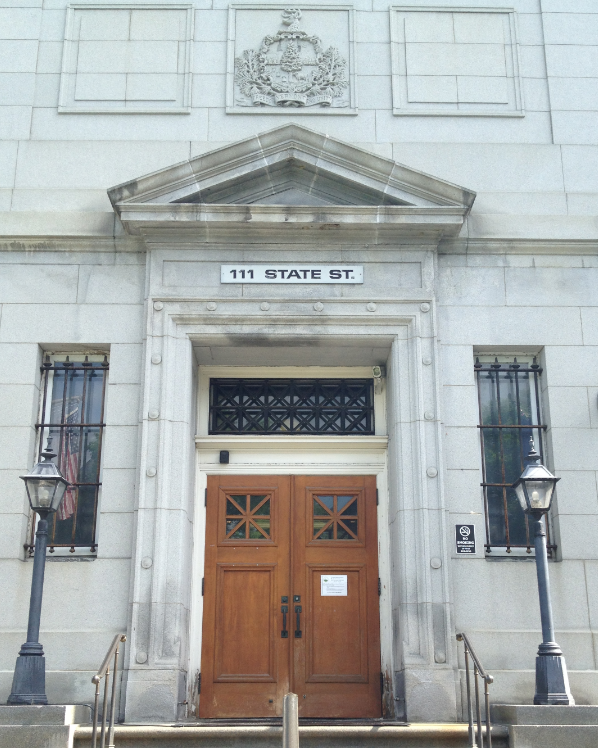Burgess v. Lamoille Housing Partnership, 2016 VT 31 (filed March 11, 2016).
Plaintiff appeals the grant of summary judgment on plaintiff's claim that he is entitled to damages from the town attorney for negligently misrepresenting that he would receive a tax collector's deed to property if he redeemed it from fax sale. We affirm.
The complaint alleged that the attorney, in her capacity as attorney and agent for the municipal defendants, told plaintiff that if he submitted to her $1373 he would acquire a right to receive a tax collector's deed to the subject parcel one year and a day after the date of the tax. We agree with the superior court that, apart from the issue of whether the attorney owed a duty to plaintiff,[i] plaintiff cannot prevail on his negligent misrepresentation claim because, under the circumstances of this case, he cannot show that he justifiably relied upon the alleged statement.
Justifiable reliance is determined under an objective standard; we have upheld a jury instruction stating that "[p]laintiffs may justifiably rely upon a representation when the representation is not obviously false and the truth of the representation is not within the knowledge of, or known by plaintiffs." See McGee v. Vermont Fed. Bank, 169 Vt. 529, 531, 726 A.2d 42, 44-45 (1999) (mem.) (quotation omitted) (emphasis in original). In McGee, we held that the plaintiff homebuyers failed to state a cause of action for negligent representation against the defendant bank because they did not indicate in their pleadings that they were unable to verify information provided by the bank concerning the status of home insurance coverage or that they could not have obtained that information directly from the sellers or the insurance company.
In was not reasonable as a matter of law for plaintiff to rely on statements by the taxing authority's attorney, particularly given plaintiff's acknowledgement that he was familiar with the tax sale redemption process. Plaintiff had a college degree in legal assisting and had worked as a paralegal for ten years and educated himself as to the tax sale and redemption process by reading the relevant statutes and case law. A simple review of the governing statutes reveals that redemption of property sold at a tax sale does not entitle the redeeming party to a collector's deed.
Plaintiff was in a position to know, or at least ascertain the falsity of any representation made to him by the attorney. Under these circumstances, plaintiff cannot demonstrate justifiable reliance on the alleged statement made by the attorney- Cf. Restatement (Second) of Torts § 552A ("The recipient of a negligent misrepresentation is barred from recovery for pecuniary loss suffered in reliance upon it if he is negligent in so relying"); Sain v. Cedar Rapids Cnty. Sch. Dist., 626 N.W.2d 115, 125 (Iowa 2001) (noting that tort of negligent representation "is generally thought to only apply to business transactions")
__________
[i] Related to questions of duty and reliance is the requirement in § 552(1) that the defendant have a pecuniary interest with respect to the information given. "If [the defendant] has no pecuniary interest and the information is given purely gratuitously, [the defendant] is under no duty to exercise reasonable care and competence in giving it." Restatement (Second) of Torts § 552(1) cmt. c. Giving the information "in the course of the defendant's business, profession or employment is a sufficient indication that [the defendant] has a pecuniary interest in it, even though [the defendant] receives no consideration for it," but is not "conclusive." Id. cmt. d. If the information is supplied purely gratuitously, the recipient of the information is not justified in relying upon it. Id. Here, plaintiff did not dispute the facts, as stated by the attorney, that she was compensated immediately after the tax sale by receiving fifteen percent of the delinquent tax, and did not receive any further compensation in connection with the tax sale of the subject property or her contact with plaintiff
